Send us a link
Over a Dozen Editorial Board Members Resigned When a Journal Refused to Retract a Paper
Over a Dozen Editorial Board Members Resigned When a Journal Refused to Retract a Paper
Following a massive editorial protest, Scientific Reports is admitting its handling of a disputed paper was "insufficient and inadequate," and has agreed to retract it.
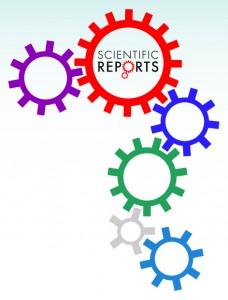
American Chemical Society Partners with Leading Societies to Support ChemRxiv
American Chemical Society Partners with Leading Societies to Support ChemRxiv
American Chemical Society: Chemistry for Life.
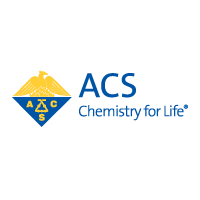
The Undercover Academic Keeping Tabs on 'Predatory' Publishing
Following the shutdown of Beall’s list, blacklists that warn against questionable publishers are in demand.
PredatoryJournals.com
After Jeffrey Beall took down his list of predatory journals in January 2017 in order to avoid continued harassment and threats, a small group of scholars and information professionals decided to anonymously rebuild and resurrect that list.
Building Links with BioRxiv: Expanding the Choice for Researchers
Researchers can submit their work directly from bioRxiv to F1000Research offering more choice and flexibility to authors in deciding when to set preprints to under invited peer review.
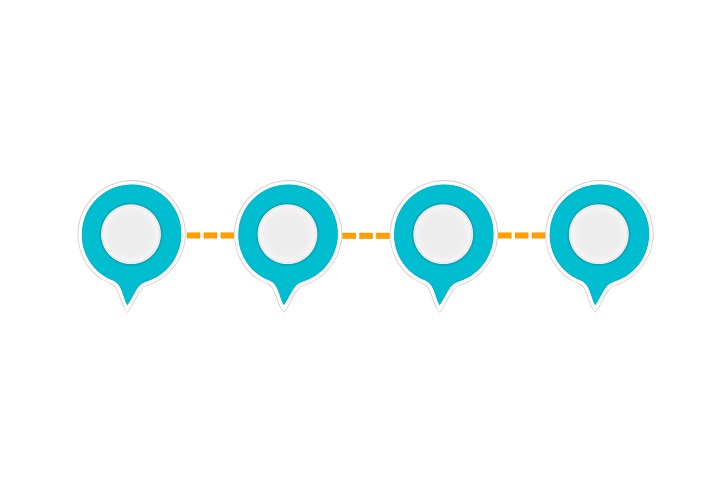
Scientists Beware: The Price Is High, the Payoff Uncertain at Glossy Publications Aimed at Europe's Decision-Makers
Scientists Beware: The Price Is High, the Payoff Uncertain at Glossy Publications Aimed at Europe's Decision-Makers
Customers question whether paid articles in digital magazines are worth the money.
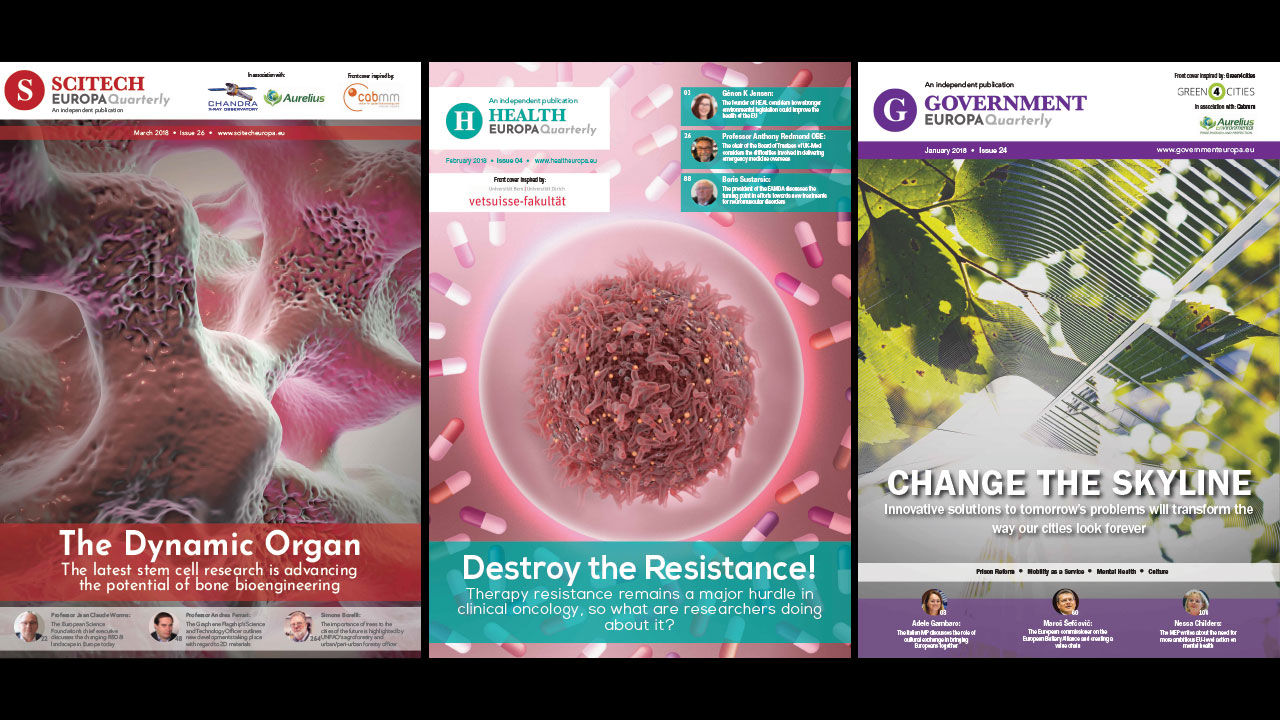
Preprints and Citations: Should Non-Peer Reviewed Material Be Included in Article References?
Preprints and Citations: Should Non-Peer Reviewed Material Be Included in Article References?
Should we treat preprints the same way that we treat reviewed and published material? If so, how can we make that clear to readers?

'Bronze' Open Access Supersedes Green and Gold
The largest share of open-access articles belongs to a new category described as “bronze”: articles are available on websites hosted by their publisher - either immediately or following an embargo - but are not formally licensed for reuse.
Why Do Female Academics Publish Less Than Their Male Peers?
Editors and peer reviewers impose tougher standards on women. This is evident from the fact that female-authored economics papers take around six months more to go through the review process than male-authored papers. As a result, female academics come to experience peer review as a much tougher process and those who progress on the career ladder adjust their expectations about what is required. Female researchers publish less than their male peers do but what they publish is much more readable and better written.
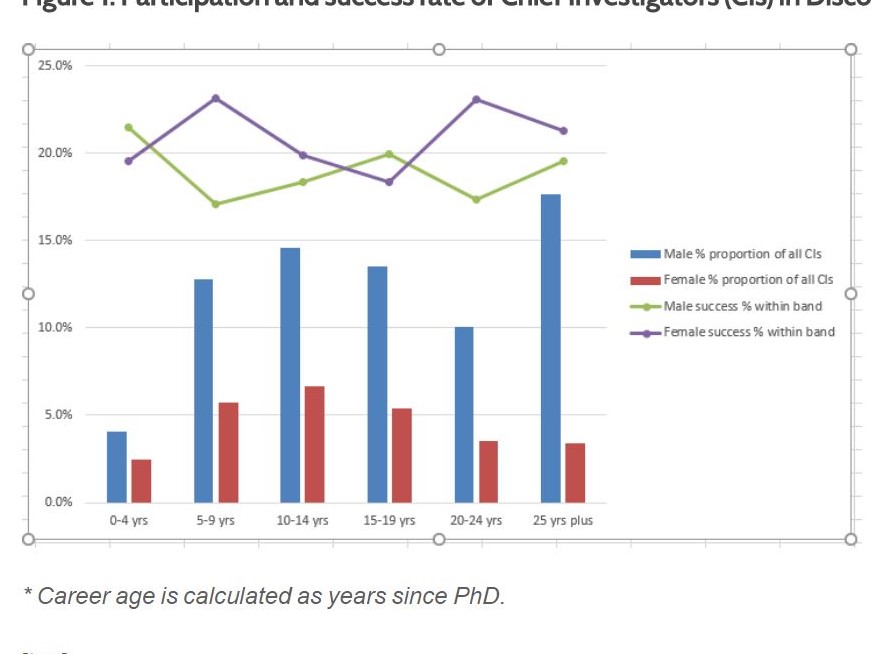
Scientific Salami Slicing: 33 Papers from 1 Study
The journal Archives of Iranian Medicine just published a set of 33 papers about one study.
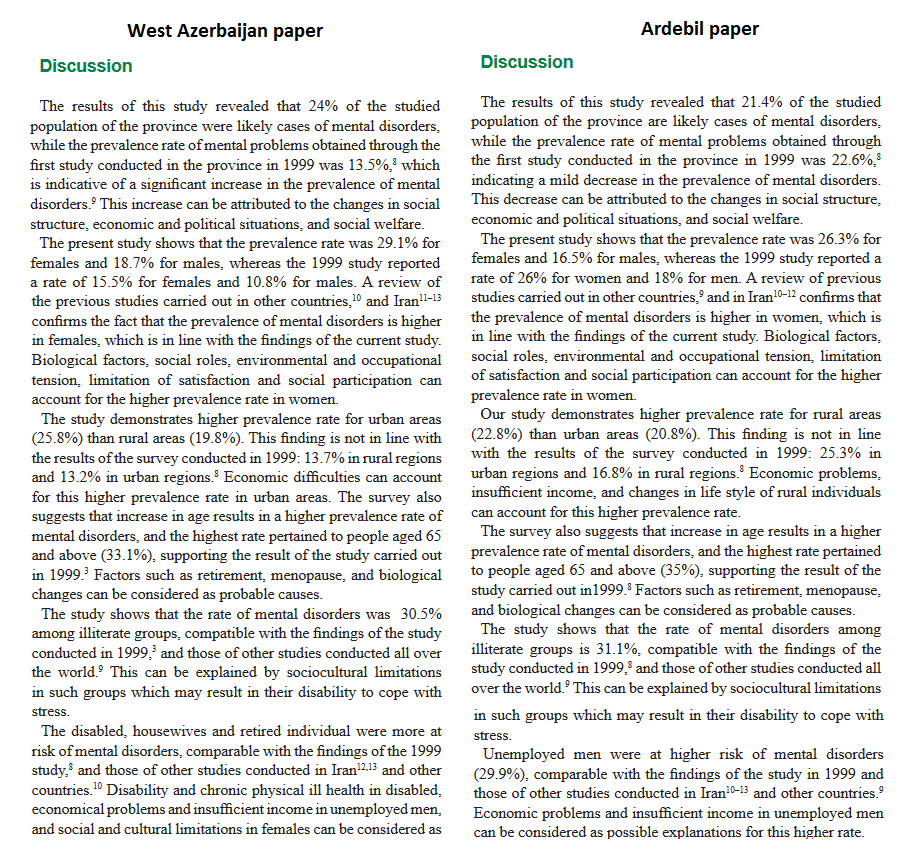
Is It Time to Nationalise Academic Publishers?
With state intervention back in vogue, and publishers’ profit margins still sky-high, journals could be the next monopoly to come under scrutiny.

Who May Swim in the Ocean of Knowledge?
Decolonising knowledge and democratising information is the great promise of our times. With universal access to knowledge, we can begin to achieve the potential of the Internet and provide a better world for future generations.

HRB Open Research
HRB Open Research is a platform for rapid, open access publication and open peer review of any research funded by the Health Research Board.
How a Partnership Over Annotation Software Fits Into Bigger Changes in Research Workflow
How a Partnership Over Annotation Software Fits Into Bigger Changes in Research Workflow
Elsevier announced a partnership with a nonprofit named Hypothesis, which makes annotation software that lets readers make margin notes on online articles.
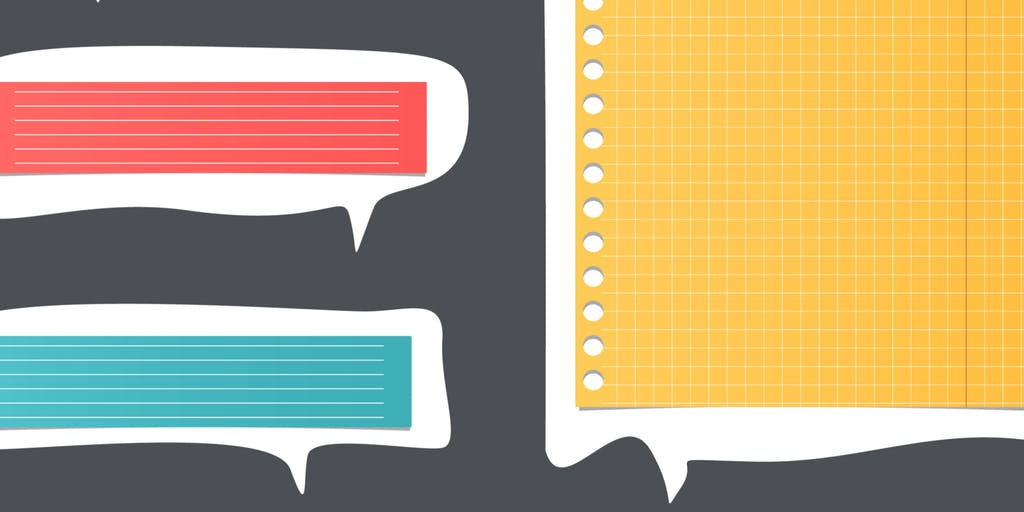
SpringerNature Hurries 7 Billion Euro Frankfurt Listing
SpringerNature, the publisher of science magazine Nature, has brought forward a listing which may value it at more than 7 billion euros ($8.6 billion) including debt, to reduce the risk from volatile stock markets.
It's Time to Stand up to the Academic Publishing Industry: Here’s How
Academia is unique in that professionals with highly specialized expertise, who are paid by public institutions, write articles and provide peer reviews to corporations who profit greatly without giving back to the research enterprise.

"Publication Practice Has to Change"
Lutz Jäncke and Lawrence Rajendran talk about the crisis in the publication process and new solutions.
Prestigious Science Journals Struggle to Reach Even Average Reliability
Prestigious Science Journals Struggle to Reach Even Average Reliability
Data from several lines of evidence suggest that the methodological quality of scientific experiments does not increase with increasing rank of the journal.
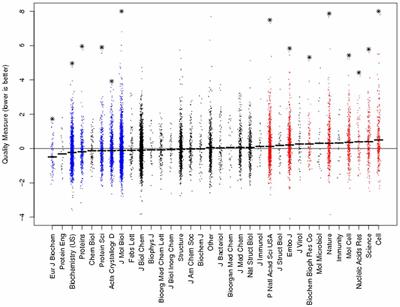
Scientists Aim To Pull Peer Review Out Of The 17th Century
Some scientists want to change the old-fashioned way scientific advancements are evaluated and communicated. But they have to overcome the power structure of the traditional journal vetting process.

Open Access Technology Options
Organizations launching OA journals have many choices to make. What are their technology options?

Insights from Authors’ Editors Can Help Journal Editors Define and Refine Their Core Competencies
Insights from Authors’ Editors Can Help Journal Editors Define and Refine Their Core Competencies
Journal editors should be able to ensure that authors are given useful feedback on the language and writing in submitted manuscripts. Journal editors should be able to deal effectively with inappropriate text re-use and plagiarism.
Prestigious Science Journals Struggle to Reach Even Average Reliability
Prestigious Science Journals Struggle to Reach Even Average Reliability
Data from several lines of evidence suggest that the methodological quality of scientific experiments does not increase with increasing rank of the journal.
Authorial and Institutional Stratification in Open Access Publishing: the Case of Global Health Research
Authorial and Institutional Stratification in Open Access Publishing: the Case of Global Health Research
New axes of stratification are emerging in academic publishing, adding to the already complex tapestry of inequality in science. Authors working at lower-ranked universities are more likely to publish in closed/paywalled outlets, and less likely to choose outlets that involve some sort of Article Processing Charge (APCs; gold or hybrid OA).
Libraries Reject Taylor & Francis Opportunistic Change of Contract
More than hundred and ten libraries have signed an open letter to Taylor & Francis: the academic research which was previously available to universities as part of the Taylor & Francis "big deal" will now have to be purchased as a separate package.
Interactivity in Scientific Figures Is a Key Tool for Data Exploration and the Scientific Process
Interactivity in Scientific Figures Is a Key Tool for Data Exploration and the Scientific Process
Last summer we launched our interactive figures initiative with plotly. Since then, we have published 22 interactives figures in seven articles across two platforms. In this post authors describe their figures and share why they wanted to make them interactive.
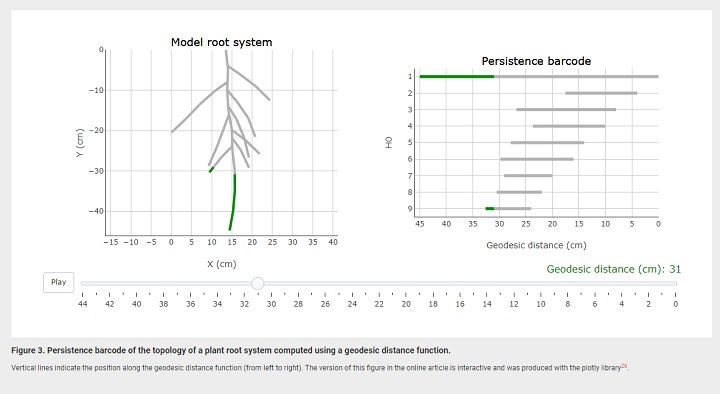
Decentralizing Science
The case for decentralized, trusted platforms for the dissemination of scientific information and attribution.

The State of OA: A Large-Scale Analysis of the Prevalence and Impact of Open Access Articles
The State of OA: A Large-Scale Analysis of the Prevalence and Impact of Open Access Articles
At least 28% of the scholarly literature is OA and that this proportion is growing, driven particularly by growth in Gold and Hybrid. Also, OA articles receive 18% more citations than average, an effect driven primarily by Green and Hybrid OA.
Sci-Hub Provides Access to Nearly all Scholarly Literature
For the first time, nearly all scholarly literature is available gratis to anyone with an Internet connection, suggesting the toll access business model may become unsustainable.
Preserving Comments from PubMed Commons
On 1 February 2018, the National Center for Biotechnology Information (NCBI) announced the discontinuation of PubMed Commons, citing usage that had been “minimal, with comments submitted on only 6,000 of the 28 million articles indexed in PubMed.” Although sparse,
